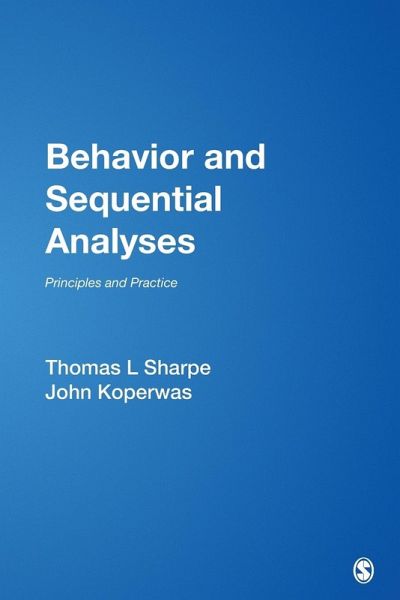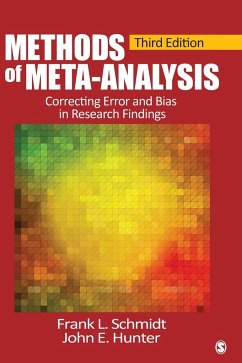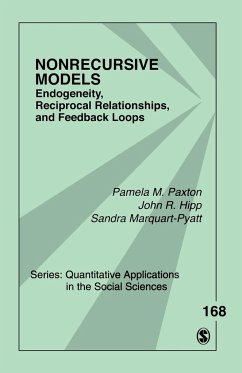
Behavior and Sequential Analyses
Principles and Practice
Versandkostenfrei!
Versandfertig in 1-2 Wochen
95,99 €
inkl. MwSt.

PAYBACK Punkte
48 °P sammeln!
Behavior and Sequential Analyses: Principles and Practice provides a step-by-step approach to such computer-facilitated behavior analysis research and evaluation procedures. Tom Sharpe and John Koperwas emphasize methods designed to collect and analyze both the multiple characteristics of behaviors and events of interest and the time-based or sequential characteristics of behavior and event relationships. Intended for an interdisciplinary audience, this is the only text to guide readers through development and implementation of technologically supported multiple-event, multiple measure, discre...
Behavior and Sequential Analyses: Principles and Practice provides a step-by-step approach to such computer-facilitated behavior analysis research and evaluation procedures. Tom Sharpe and John Koperwas emphasize methods designed to collect and analyze both the multiple characteristics of behaviors and events of interest and the time-based or sequential characteristics of behavior and event relationships. Intended for an interdisciplinary audience, this is the only text to guide readers through development and implementation of technologically supported multiple-event, multiple measure, discrete and sequential analysis of behavior. Developed as an introductory to intermediate level methodology text for advanced undergraduate and graduate students in social and behavioral sciences and education, Behavior and Sequential Analyses: Principles and Practice is also a unique and indispensable reference for the experienced researcher.














